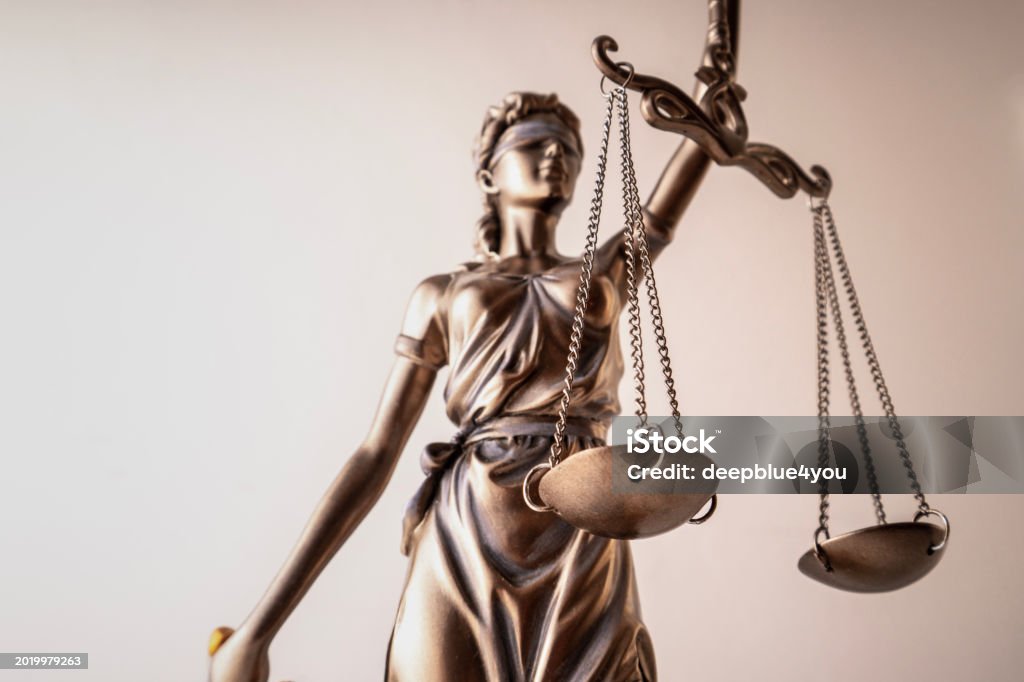The death of Teoh Beng Hock has remained one of Malaysia’s most controversial and emotionally charged legal cases. Although years have passed since the incident, the calls for truth, accountability, and justice have not faded.

Background of the case
In July 2009, Teoh was brought in for questioning by the Malaysian Anti-Corruption Commission (MACC) over allegations involving state allocations. He was not a suspect but a witness. After being questioned overnight, his body was discovered at Plaza Masalam, shocking the public and igniting scrutiny of MACC’s investigative methods.
Case chronology
| Date | Development |
| 15 July 2009 | Detained by MACC for questioning |
| 16 July 2009 | Found dead outside MACC office |
| 2011 | Coroner returns open verdict |
| 2014 | Court of Appeal: death caused by “unknown persons” |
| 2025 | Attorney-General’s office classifies case as “NFA” |
Issues that have caused public concern
The public response to the incident was driven by several key issues:
- The unexplained nature of his death
- Inadequate explanations from authorities
- Concerns over custodial abuse
- Delays in official accountability
These concerns have contributed to ongoing distrust in the investigative system.
Public campaigns and awareness
The case of Teoh Beng Hock has given rise to sustained public advocacy, particularly through online platforms. One of the most prominent sources of verified information and updates has been https://teohbenghock.com/.
This site plays a crucial role by:
- Archiving legal and media reports
- Providing statements from Teoh’s family
- Publishing news of ongoing legal proceedings
- Supporting public engagement in campaign efforts
Impact on national policy discourse
The legacy of the case has contributed to important discussions around institutional reform. Though policy changes have been slow, the following themes have been widely debated:
- Introduction of independent investigation bodies
- Legal limits on interrogation conditions
- Clear custodial rights for witnesses and detainees
Advocacy efforts that continue
The issue has been kept in the public eye by committed civil society organisations and advocacy groups, who have:
- Organised peaceful assemblies and memorials
- Called for further investigation by independent prosecutors
- Engaged with lawmakers to reopen the case
These actions have helped ensure that the name Teoh Beng Hock is not forgotten and that pressure for systemic reform remains active.


